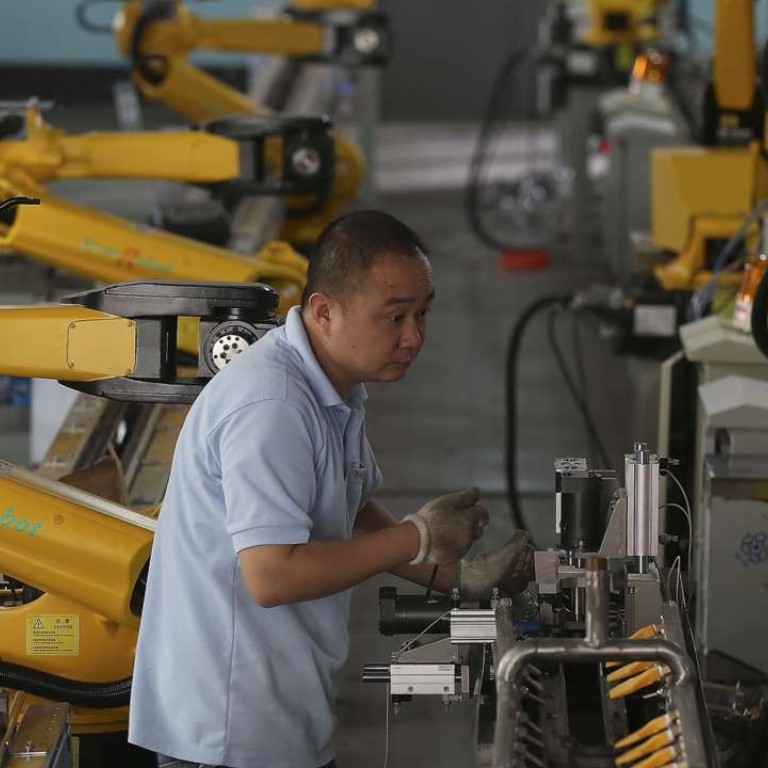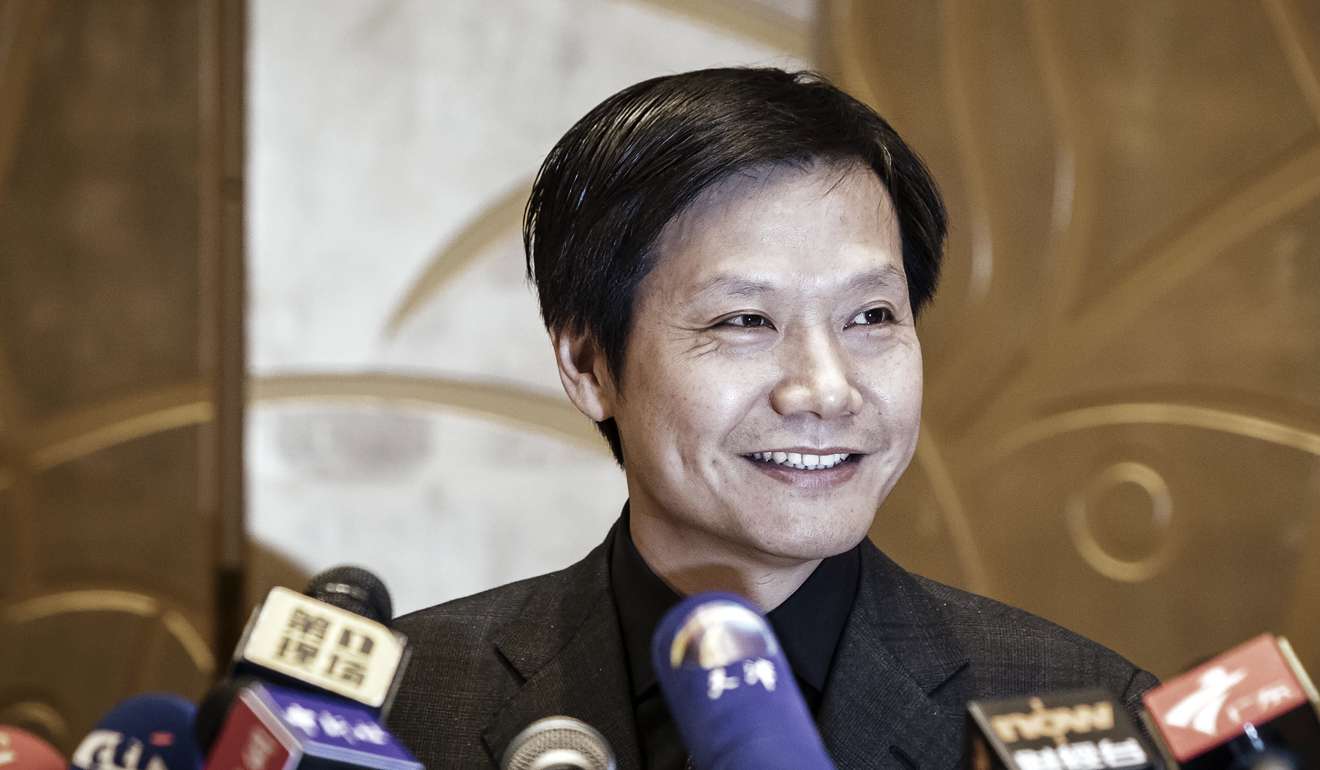
Beijing to release national artificial intelligence development plan
Beijing is drafting a national development plan on artificial intelligence and setting up a special fund as part of an effort to push the technology’s application in the economy and national security, said China’s top technology official.
Wan Gang, the minister of science and technology, said that the plan, which aims to facilitate the adoption of the technology in a wide range of areas, including “economy, social welfare, environmental protection and national security”, is expected to be released soon after the National People’s Congress and Chinese People’s Political Consultative Conference, the annual meeting of China’s parliament, which will end on Wednesday.
“In the meantime, the central government will set up a special fund for the fundamental research and core technologies [of artificial intelligence],” Wan said at a press conference on the sidelines of the ongoing Two Sessions on Saturday, without disclosing the size of the fund.
Wan’s comments on AI comes amid calls by some of China’s most influential business and technology leaders to make the technology a priority on the government’s agenda.

From the founder of the largest Chinese internet search engine Baidu, the owner of smartphone maker Xiaomi, and the founder of Geely Automobile, which bought Volvo, business tycoons who meet in Beijing this week for the Two Sessions are calling for government to lead the charge in getting Chinese enterprises to collaborate on AI research, and facilitate the industrialising of the technology as they see there is a big chance for China to surpass the United States as a global superpower on AI.
However, one analyst said Beijing’s expressed support for AI was unlikely to result in significant financial backing for the sector because central government resources had already been committed to helping a wide range of special interests, including special funds that back poverty alleviation to environmental protections initiatives.
Moreover, the emerging sector could require years before technologies are ready to be commercialised.
Larry Cao, director of content for the CFA Institute, warned that research and development and commercialisation of AI involve high risk and should be considered long term investments.
“China will enjoy an edge in this competitive field, if government can provide strong support in funding,” Cao said in a research note on Friday.

Venture capital funding is another source of support for the sector. In terms of countries, the US is the global leader having raised US$8.1 billion for startups in the sector to date, according to market research firm Venture Scanner, which tracks AI funding in more than 70 countries. China ranks No 2 globally, with US$1.1 billion raised, while the rest of the world combined amounts US$3.1 billion in funding to date.
Luminaries from the technology sector including Robin Li Yanhong, founder of the Chinese internet search engine Baidu, and Lei Jun, owner of smartphone maker Xiaomi, met with senior officials in Beijing last week to urge the government to provide support for the development and industrialisation of AI technology.

